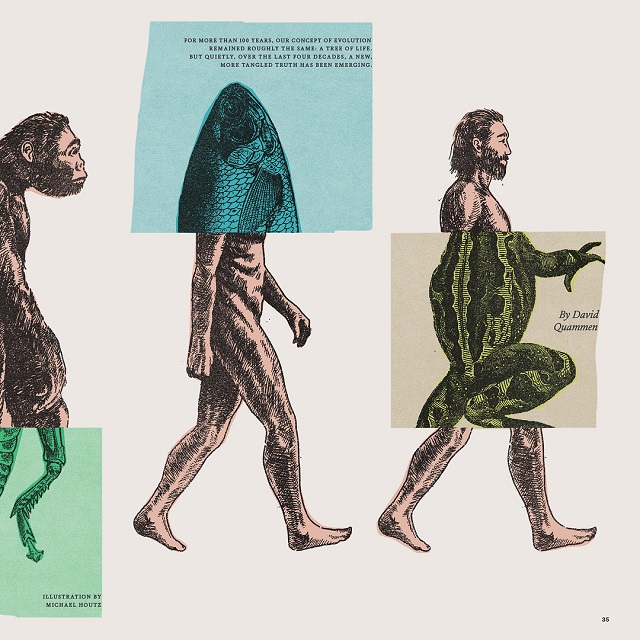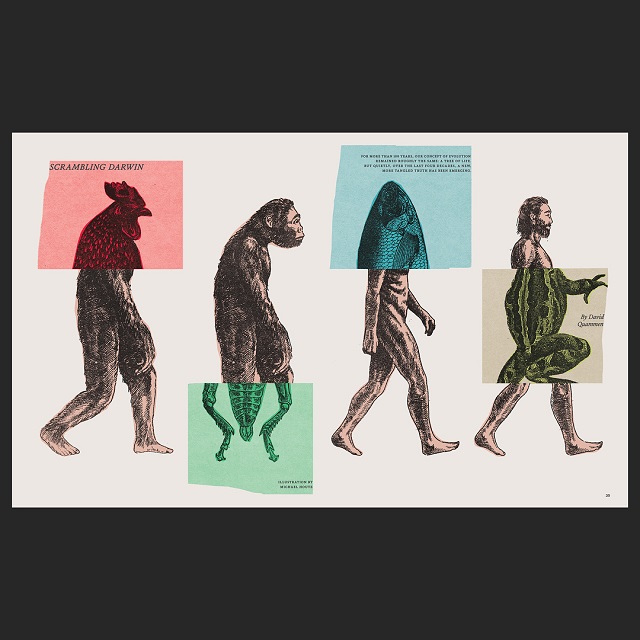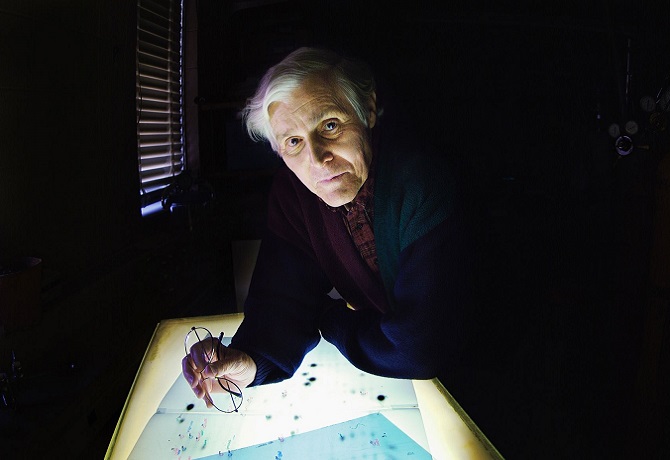How scientists used gene sequencing to elucidate the evolutionary relationships between living beings? Charles Darwin called it the great ‘Tree of Life’ and Carl Woese, the US microbiologist, redrew the tree introducing the ‘third domain’ of life. Carl Woese is best known as the discoverer of the Archaea (Archaebacteria), inspired by the visionary musings of Francis Crick, Linus Pauling and Emile Zuckerkandl, committed himself to molecular phylogenetics.
And we learn that although molecular phylogenetics provided the means with which to build a universal tree of life that includes microbes, it also provided the data that ultimately led us to question the precise nature of the tree. Through the following two decades, as molecular sequencing got easier and cheaper, Woese’s ‘three-domains’ tree comprising archaea, bacteria and the nucleus-containing eukaryotes served as the definitive road map for the field of comparative genomics. The fiercely determined young scientist struggled to collect the data that he intuited would be important. The brooding, combative mid-career professor fought to have his beloved archaea and three-domains tree accepted by the scientific community. None of the accolades showered on Woese seemed to matter, he and many others clearly felt he deserved a Nobel prize, but he never got one. He was termed a bad tempered legend wracked by a Darwin complex but science and philosophy are interwoven in ways that many of us fail to realize.



Carl Woese was a MacArthur Fellow in 1984, was made a member of the National Academy of Sciences in 1988, received the Leeuwenhoek Medal (microbiology’s highest honor) in 1992, the Selman A. Waksman Award in Microbiology in 1995 from the National Academy of Sciences, and was a National Medal of Science recipient in 2000. In 2003, he received the Crafoord Prize from the Royal Swedish Academy of Sciences “for his discovery of a third domain of life”. In 2006, he was made a foreign member of the Royal Society. Microbiologist Justin Sonnenburg of Stanford University said “The 1977 paper is one of the most influential in microbiology and arguably, all of biology. It ranks with the works of Watson and Crick and Darwin, providing an evolutionary framework for the incredible diversity of the microbial world”.
Book Recommendations:
The Genetic Code: the Molecular Basis for Genetic Expression by Carl Woese
The Tangled Tree: A Radical New History of Life by David Quammen Simon & Schuster (2018)



